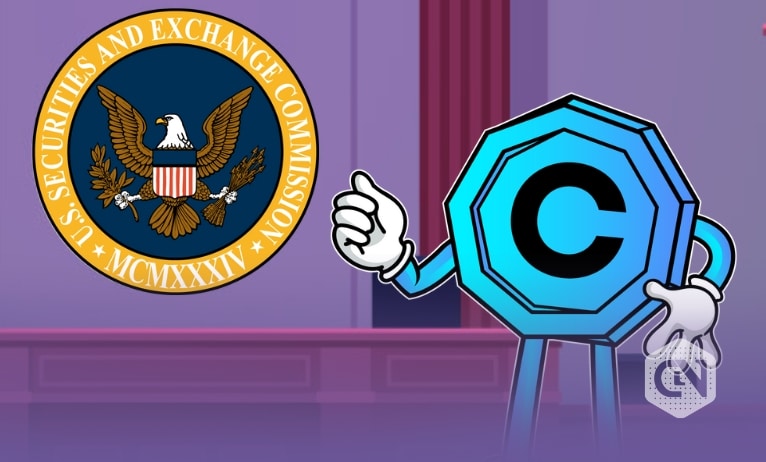[ad_1]
A bunch of specialists in legislation, finance with expertise in blockchain know-how have come collectively to offer their help for Coinbase’s defence towards the SEC. These briefs argue that the SEC is deciphering ‘funding contract’ incorrectly, which might be dangerous to the crypto-currency business if accepted.
Firstly of 2021, the US Chamber of Commerce filed a authorized doc arguing that the SEC had triggered injury to each Coinbase in addition to many different enterprise entities. This June, Coinbase was taken to courtroom by the SEC for supposedly not registering with them and likewise not ensuring that digital belongings offered via their platform belonged inside securities definitions.
Critics have expressed their issues that the SEC’s definition of a digital asset might be too wide-ranging, resulting in issues like commodities and collectibles being categorized as securities. In addition they level out that a lot of digital belongings don’t depend on the efforts of different individuals for them to carry worth.
The courtroom was urged to bear in mind whether or not cryptocurrencies bought on web sites like Coinbase could be categorized as unregistered securities by eminent authorized specialists from universities together with Yale, Chicago, and UCLA. The primary question is whether or not or not these devices abide by the Alternate Act of 1934 and the Securities Act of 1933.
In an announcement that she submitted, Wyoming Senator Cynthia Lummis expressed her issues in regards to the Securities and Alternate Fee’s (SEC) stage of authority. The SEC’s latest motion towards Coinbase, in response to Lummis, is unconstitutional as a result of it restricts Congress’ capacity to manage actions within the cryptocurrency business.
The enterprise capital corporations Andreessen Horowitz and Paradigm additionally expressed issues in regards to the method taken by the SEC’s wider ramifications. They fear that the SEC’s expansive definition of the time period “funding contract” could impose restrictions on each new and established companies, stifling innovation and elevating compliance prices.
The Chamber of Progress, the Blockchain Affiliation, the Crypto Council for Innovation, and the Client Know-how Affiliation all submitted a joint amicus temporary as supporters of blockchain know-how. They reaffirm worries that the SEC’s use of the funding contract definition to outline digital belongings might stifle innovation and entrepreneurship within the know-how and digital sectors.
These proponents emphasize the “main questions doctrine,” which states that administrative businesses shouldn’t assert any authority that Congress has expressly denied them. They contend that exact definitions are crucial for market stability, progress, and the promotion of funding in new applied sciences.

